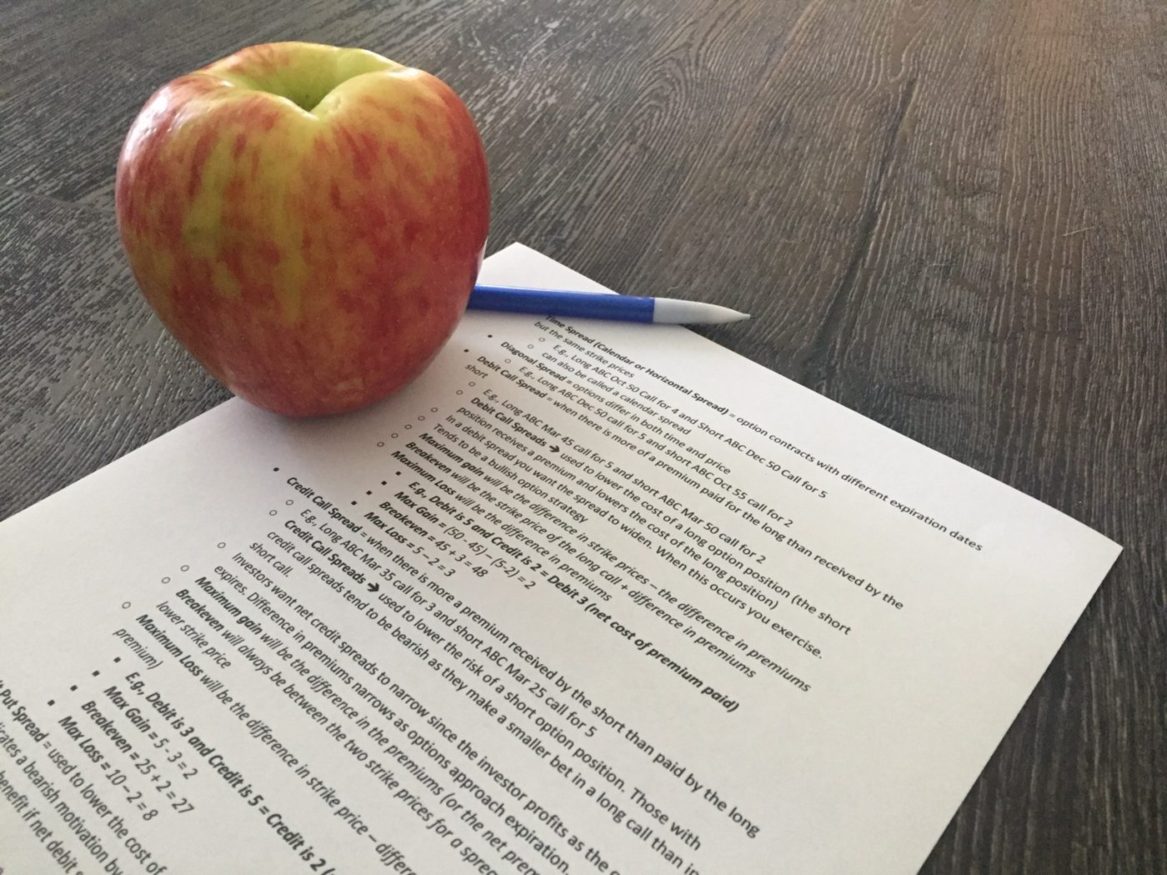One of the most impactful learning strategies is “distributed practice”—spacing out your studying over several short periods of time over several days and weeks. The most effective practice is to work a short time on each class every day. The total amount of time spent studying will be the same (or less) than one or two marathon library sessions, but you will learn the information more deeply and retain much more for the long term—which will help get you an A on the final. The important thing is how you use your study time, not how long you study. Long study sessions lead to a lack of concentration and thus a lack of learning and retention.
In order to spread out studying over short periods of time across several days and weeks, you need control over your schedule. Keeping a list of tasks to complete on a daily basis will help you to include regular active studying sessions for each class. Try to do something for each class each day. Be specific and realistic regarding how long you plan to spend on each task—you should not have more tasks on your list than you can reasonably complete during the day.
For example, you may do a few problems per day in math rather than all of them the hour before class. In history, you can spend 15-20 minutes each day actively studying your class notes. Thus, your studying time may still be the same length, but rather than only preparing for one class, you will be preparing for all of your classes in short stretches. This will help focus, stay on top of your work, and retain information.
In addition to learning the material more deeply, spacing out your work helps stave off procrastination. Rather than having to face the dreaded project for four hours on Monday, you can face the dreaded project for 30 minutes each day. The shorter, more consistent time to work on a dreaded project is likely to be more acceptable and less likely to be delayed to the last minute. Finally, if you have to memorize material for class (names, dates, formulas), it is best to make flashcards for this material and review periodically throughout the day rather than one long, memorization session

